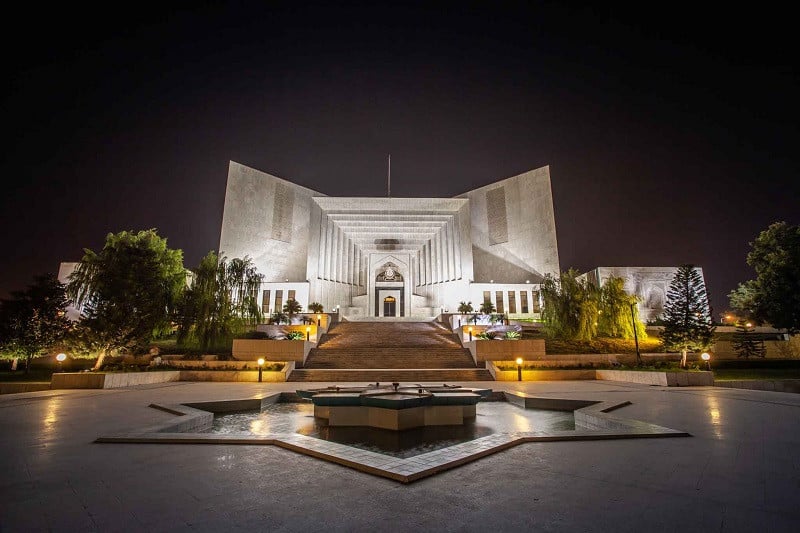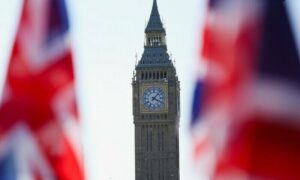ISLAMABAD:
The Supreme Court of Pakistan has approved the federal government’s appeal in the Mubarak Sani review case, removing paragraph 7 from the previous judgement.
The Supreme Court on Thursday ruled that the deleted paragraph from the Mubarak Sani review decision cannot be used as a judicial precedent.
Earlier, the Supreme Court had sought guidance from religious scholars, including Mufti Taqi Usmani and Maulana Fazlur Rehman, in response to the Punjab government’s review petition. The hearing took place with a three-member bench led by Chief Justice Qazi Faez Isa.
Mufti Taqi Usmani, who is currently in Turkiye, participated via video link, while Maulana Fazlur Rehman, the Attorney General, and other experts were present in court.
The Attorney General noted that following the initial decision, both Parliament and religious scholars had urged the federal government to refer the matter back to the Supreme Court. He explained that the petition was filed under civil procedure due to the infeasibility of further review.
Chief Justice Qazi Faez Isa highlighted the gravity of the case, stating, “I personally hope in every prayer that no wrong decisions are made,” underscoring the importance of judicial integrity. He also acknowledged Parliament’s role, mentioning his attendance at its 50th anniversary.
The court decided to consult with Maulana Fazlur Rehman, Mufti Sher Muhammad, and other scholars present. Jamaat-e-Islami’s Fareed Paracha will also assist the court.
Mubarak Ahmad Sani had been accused and convicted under the Punjab Holy Quran (Printing and Recording) (Amendment) Act, 2021. However, his offence occurred before the law was enacted, leading to his bail and release. The Punjab government filed a review petition seeking modifications to clarify constitutional rights concerning law, public order, and morality.
On July 24, the Supreme Court upheld the petition, asserting that religious freedom and the right to profess religion are subject to laws, morality, and public order. The Council of Islamic Ideology later raised concerns, urging the court to reconsider its decision.







